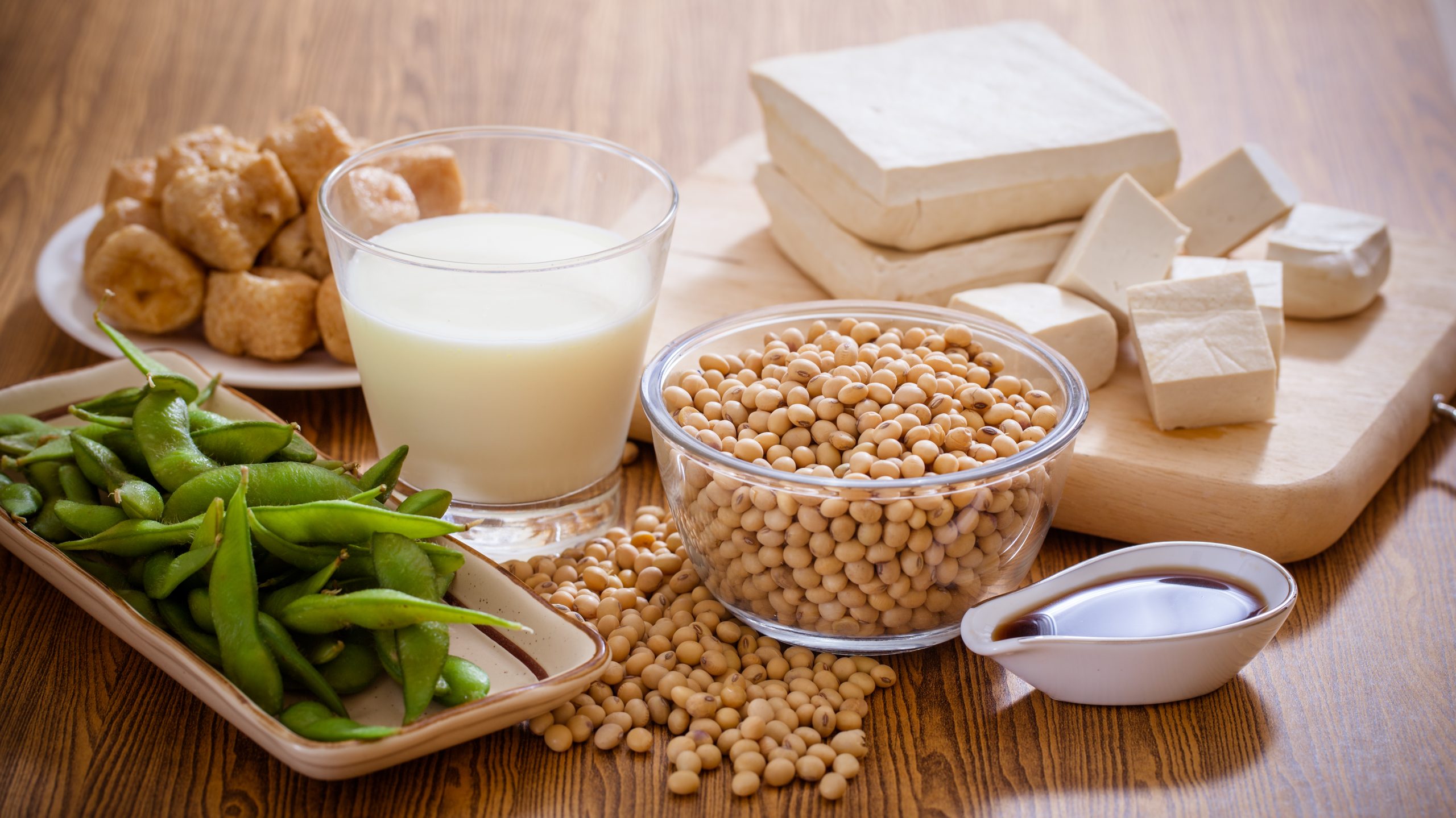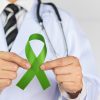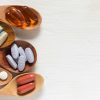Soy products are meat alternatives rich in protein and low in fat. It is cholesterol-free and is a good source of Omega-3 fatty acids, protecting the body against inflammation. Soy products contain isoflavones, a phytoestrogen which may help reduce inflammation in blood vessels and reduce low-density lipoprotein (LDL) cholesterol, thus reducing the risk of heart diseases and stroke. Examples of soy products are beancurd (tau kwa), tofu, tempeh, tau pok, soya milk and tau huay.
Although soy products contain lower content of calcium, manufacturers nowadays have started fortifying soy products with calcium to produce bone-protective effects. Thus, the consumption of calcium-fortified soy products helps to build bones and prevent osteoporosis.
Is it safe for breast cancer fighters to consume soy products?
Phytoestrogens in soy products are different from hormone estrogens in females, thus it does not contribute to breast cancer occurrence. In fact, current research evidence suggests that soy products may decrease the likelihood of breast cancer recurrence in women with a history of the disease. Hence, breast cancer survivors can safely consume soy products in their diet.
Should people with gout conditions avoid soy products?
Soy products contain a moderate amount of purine which should not be avoided totally in the daily diet. In fact, people with gout conditions should limit the consumption of internal organs, meat extracts and stock cubes. Besides, they should manage their body weight (if overweight or obese) and drink adequate water.
Tips for soy products consumption in daily diet
- Choose fresh products instead of processed products such as plant-based meat or processed vegetarian meat
- Beware of cooking methods – encourage steaming, boiling, blanching or stir-frying
- Choose unsweetened versions for soy beverages
- Encourage calcium-fortified products
References
- Academy of Nutrition and Dietetics. (2013, April). Soy and Breast Cancer. https://www.oncologynutrition.org/erfc/healthy-nutrition-now/foods/soy-and-breast-cancer
- Health Promotion Board. (2021, December 21). Soya Bean – the Unique Plant Protein. https://www.healthhub.sg/live-healthy/190/soya_unique_plant_protein
- Ho, J. (n.d.). Soy vs Cow’s Milk: Which is Better? HealthXchange.sg. https://www.healthxchange.sg/food-nutrition/food-tips/soy-vs-cow-milk-which-is-better






